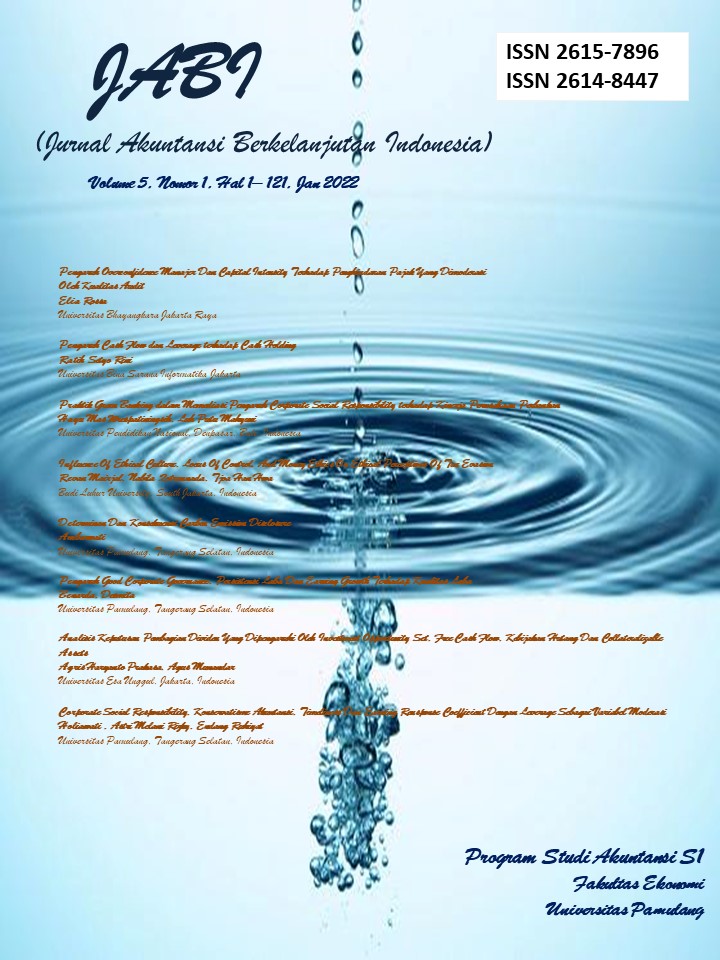Perbandingan Kinerja Keuangan PT. Bank Nusa Tenggara Barat Syariah (Bank NTB Syariah) sebelum dan sesudah Konversi
DOI:
https://doi.org/10.32493/JABI.v5i3.y2022.p266-282Keywords:
JABIAbstract
The purpose of study is to see the comparison of the financial performance of NTB Syariah Bank before and after conversion. This study uses a quantitative method by observing and comparing numbers in the analysis of financial ratios such as the Liquidity Ratio represented by the Loan to Deposit Ratio (LDR), the Solvency Ratio proxied by the Capital Adequaty Ratio (CAR), and Net Performing Loan (NPL), Profitability Ratio profixed by Return On Assets (ROA) and Return On Equity (ROE), Effectiveness Ratios proxied by Operating Costs and Operating Income (BOPO) and Activity Ratios proxied by Total Assets Turnover (TATO) of NTB Syariah Bank before and after conversion by using quartely financial reports since 2016 to 2020. The results of study reveal that since oficially operating as NTB Syariah Bank on September 24, 2018 there are differences in financial performance before and after financial. Therefore, it can be concluded that the financial performance of NTB Bank before conversion is better than after conversion.
Downloads
Published
Issue
Section
License
Copyright (c) 2023 Reno Virlandana A

This work is licensed under a Creative Commons Attribution 4.0 International License.
Authors who publish with this journal agree to the following terms:
- Authors retain copyright and grant the journal right of first publication with the work simultaneously licensed under a Creative Commons Attribution License that allows others to share the work with an acknowledgement of the work's authorship and initial publication in this journal.
- Authors are able to enter into separate, additional contractual arrangements for the non-exclusive distribution of the journal's published version of the work (e.g., post it to an institutional repository or publish it in a book), with an acknowledgement of its initial publication in this journal.
- Authors are permitted and encouraged to post their work online (e.g., in institutional repositories or on their website) prior to and during the submission process, as it can lead to productive exchanges, as well as earlier and greater citation of published work (See The Effect of Open Access)

This work is licensed under a Creative Commons Attribution-ShareAlike 4.0 International License.


 PUBLICATION ETHICS
PUBLICATION ETHICS FOCUS AND SCOPE
FOCUS AND SCOPE EDITORIAL TEAM
EDITORIAL TEAM REVIEW PROCESS
REVIEW PROCESS CONTACT US
CONTACT US AUTHOR GUIDELINES
AUTHOR GUIDELINES




